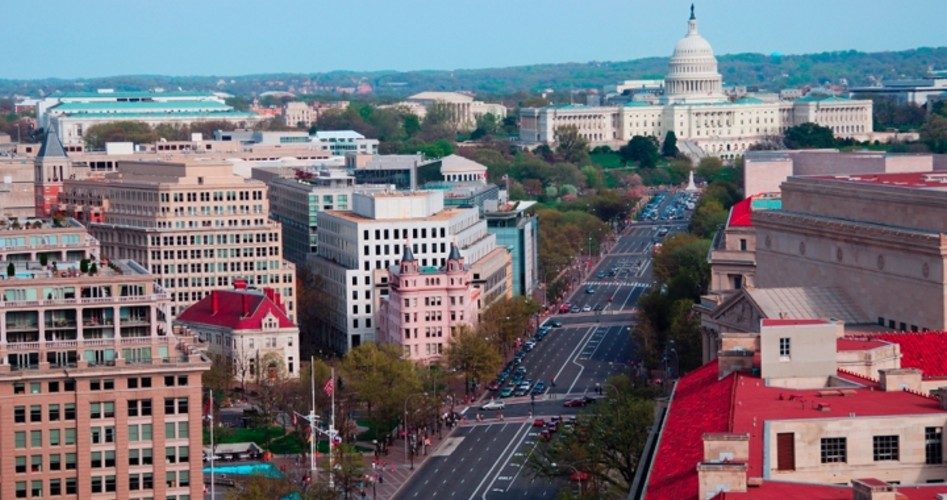
A new ordinance went into effect in Washington, D.C. on July 17 that allows physicians and pharmacies to provide terminally ill patients with drugs that will kill them. But Republicans in the U.S. Congress are hoping to derail or stall implementation of the deadly new statute.
Called the Death with Dignity Act, the measure was signed by Washington, D.C. Mayor Muriel Bowser last December, but lacked legal force until now. “The Death with Dignity Act of 2016 establishes a process by which competent, terminally ill residents of Washington, DC can legally obtain a physician’s prescription for medications to end their lives in a humane and peaceful manner,” Bowser’s office said in a statement.
The city’s Department of Health (DOH) is set to oversee the new statute, including “providing educational resources on how the Death with Dignity process works and clarifying the requirements that must be followed by both physicians and patients,” read the statement.
The ordinance stipulates that “end of life” drugs can be requested by a terminally-ill patient who is a resident of Washington, D.C., is at least 18 years of age, is under the care of a physician, and is expected to live for no more than six months. The individual must be mentally capable of making the decision to end his life, the law emphasizes, express his intent to take the drugs, and be physically capable of killing himself in that manner.
However, reported the Washington Times, a week before the law was to be implemented, the House Appropriations Committee of the U.S. Congress approved an amendment aimed at defunding and repealing the measure. The amendment was introduced by U.S. Rep. Andy Harris (R-Md.), a trained anesthesiologist, who said that “encouraging patients to commit suicide deprives them of the opportunity to potentially be cured by new treatments that could ameliorate their condition and even add years to their lives, if not cure them completely.”
While D.C. officials have challenged the authority of Congress to step into city government, Harris pointed out that the U.S. Constitution “clearly gives Congress the authority to oversee the federal enclave of the District of Columbia.”
He added that “Congress has the authority — and the responsibility — to oversee the operations of Washington D.C., and the Death with Dignity Act was a well-intentioned but misguided policy that must be reversed.”
The move by Harris is not the first congressional effort to derail the DC Death with Dignity Act. In January, after Bowser signed the law, U.S. Sen. James Lankford (R-Okla.) and U.S. Rep Brad Wenstrup (R-Ohio) introduced resolutions aiming to stop the law, but neither was introduced before the 30-day deadline for congressional approval.
Eleanor Holmes Norton, Washington, D.C.’s non-voting delegate in Congress, criticized the latest effort, calling Harris a “serial abuser of congressional power over the District. After we defeated attempts to nullify the Death with Dignity Act through disapproval resolutions in the House and Senate, Harris chose to hide in the appropriations process and legislate through a spending bill.”
Similarly, Kim Callinan of the organization Compassion and Choices, a leader in pushing physician-assisted suicide across the United States, called the congressional effort an abuse of power. “Rep. Harris is now misusing the appropriations process to do what opponents of medical aid in dying could not openly do before,” Callinan said in a statement. “This end run is shameful, it’s wrong, and now DC residents who are dying are being deprived of the peace of mind that this law brings.”
But J.J. Hanson of the Patients Rights Action Fund, who was given months to live in 2014 after being diagnosed with terminal brain cancer, applauded the attempts by Congress to derail the measure. “We welcome any efforts at the congressional level or otherwise to halt assisted-suicide policy, which will only put vulnerable D.C. residents — the terminally ill, people with disabilities and the poor — at risk,” Hanson said.
The House Appropriations Committee approved the amendment by Harris on a 28-24 party-line vote. The budget bill must now be approved by the full House and Senate, and then signed by President Trump, for the repeal of the D.C. measure to take effect.


